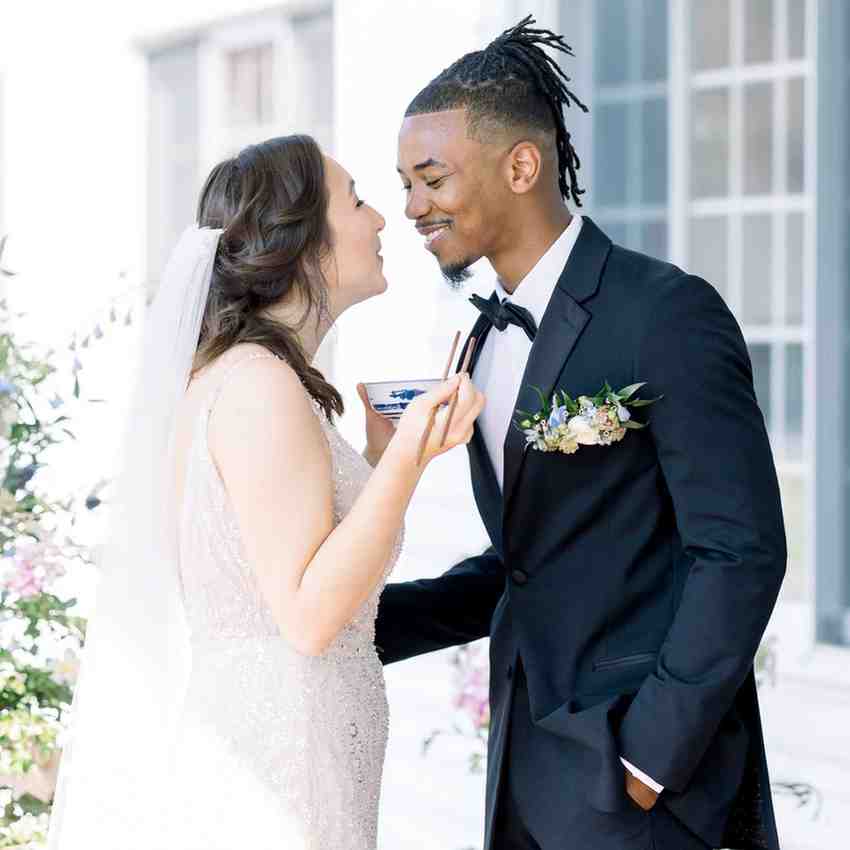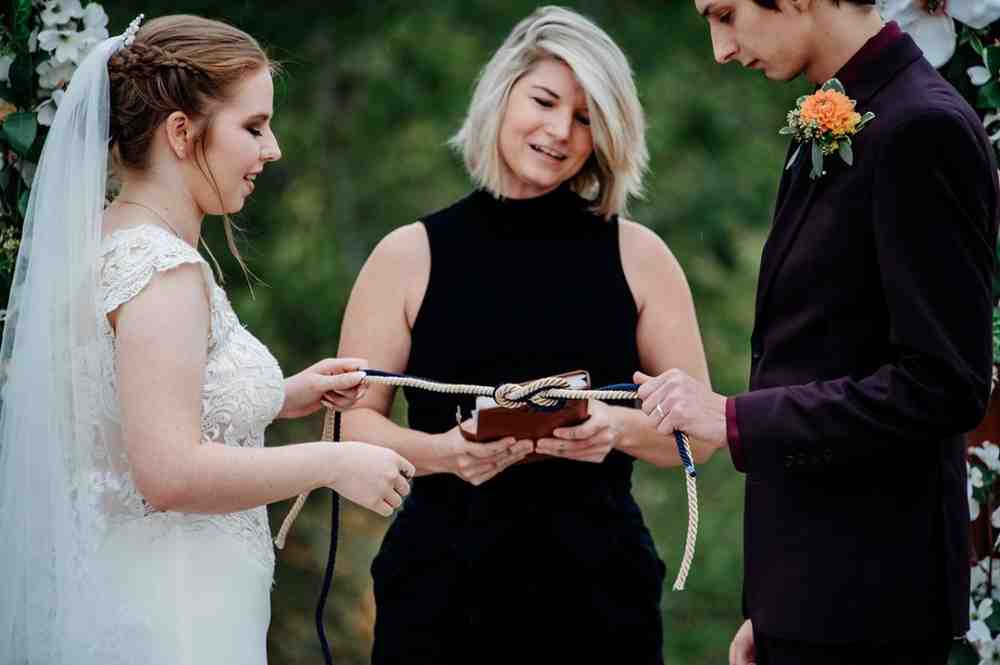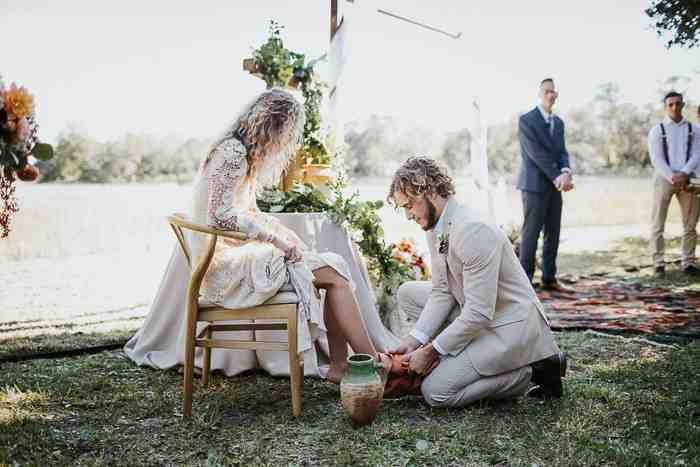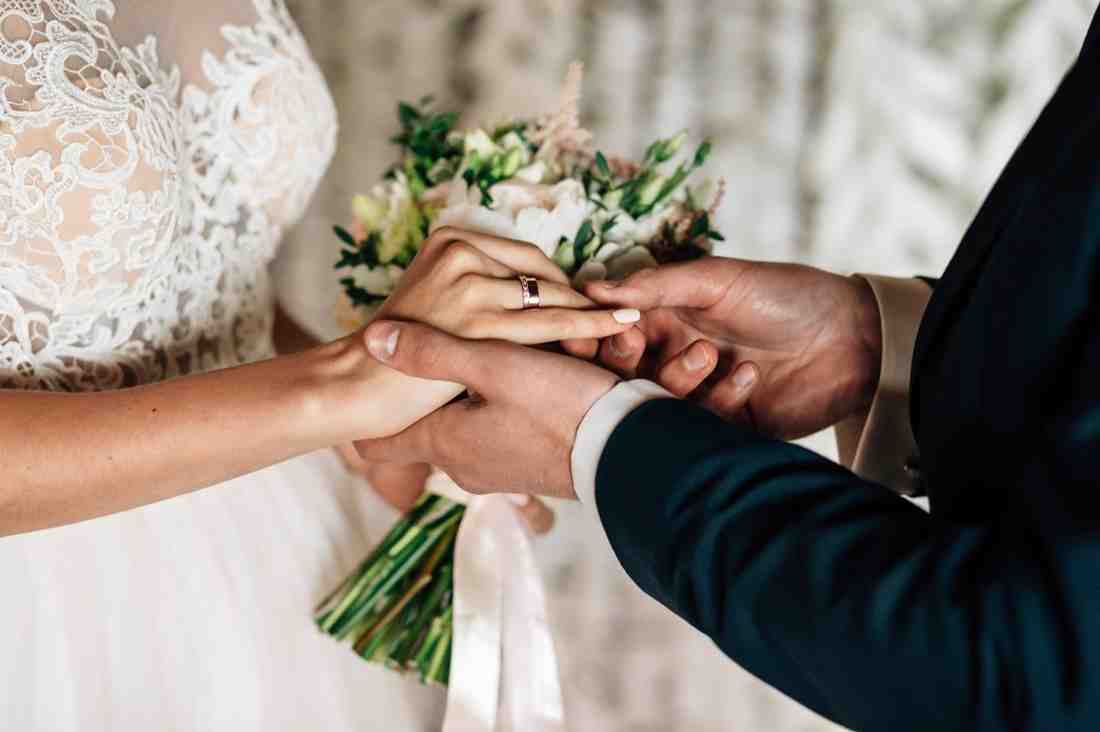What Does a Wedding Symbolize?
A Comprehensive Guide to Wedding Meaning, Symbolism & Cultural Significance

Explore Different Contexts
General Understanding: Universal Wedding Symbolism
A wedding ceremony symbolizes the formal union between two people committed to building a life together. It represents love, mutual respect, partnership equality, and the willingness to sacrifice for one another. The ceremony serves as a public declaration witnessed by family and community, transforming an individual commitment into a socially recognized bond that honors tradition while celebrating new beginnings. When planning a wedding, understanding these symbolic elements helps create meaningful ceremonies.
Religious & Spiritual Significance
In religious contexts, weddings symbolize a sacred covenant blessed by God, representing Christ's union with the church in Christian tradition. The ceremony embodies divine love, spiritual unity, and the creation of a holy partnership. Wedding rings symbolize God's eternal and unending love, while the exchange of vows represents promises made before the divine. This sacred ritual marks the couple's spiritual journey together under faith's guidance, with many couples incorporating Christian wedding traditions into their ceremony.
Cultural & Anthropological Perspective
From an anthropological viewpoint, weddings symbolize the joining of two families, social status transitions, and community continuity. They represent cultural identity preservation through tradition, ritual marking of life stages, and social contract formation. Different wedding types across cultures demonstrate universal human needs for ceremony, belonging, and relationship validation within society's framework. Understanding wedding traditions around the world enriches appreciation for cultural diversity.
Romantic & Emotional Context
For couples, a wedding symbolizes their unique love story's culmination and future together. It represents vulnerability, trust, choosing partnership over solitude, and the courage to commit fully to another person. The ceremony celebrates their journey, honors their connection, and creates memories marking this transformative moment when two individuals become unified partners facing life's adventures together. Many couples explore romantic honeymoon getaways to continue celebrating their union.
Modern & Contemporary View
Contemporary weddings symbolize equality, personal choice, and authentic expression beyond traditional constraints. They represent partnerships based on mutual support rather than traditional roles, celebrating diverse love forms including same-sex unions. Modern ceremonies blend tradition with innovation, symbolizing couples' values, individual identities maintained within partnership, and commitment defined on their own terms. Wedding dress styles have evolved to reflect this contemporary mindset.
Traditional & Historical Heritage
Historically, weddings symbolized family alliances, property transfers, social contracts, and community stability. Ancient wedding symbols like rings represented eternity's circle, white representing purity, and ceremonies marking official relationship recognition. Understanding these traditional meanings helps couples appreciate their ceremony's historical roots while planning their wedding with cultural awareness. Questions like are wedding rings pagan explore these historical connections.
Psychological & Developmental Perspective
Psychologically, weddings symbolize identity evolution, adult maturity markers, and security through committed attachment. They represent psychological safety through partnership, shared life meaning, and transitioning from individual to couple identity. The ceremony provides closure to singlehood while opening new relational chapters, addressing fundamental human needs for connection and belonging. Understanding how long wedding planning takes helps manage the psychological journey.
Unity & Community Symbolism
Weddings symbolize community witness to commitment, social network acknowledgment, and collective celebration of love. The presence of guests represents support systems, shared joy, and the couple's integration into broader community fabric. Unity rituals like candle lighting or sand ceremonies visually demonstrate two lives becoming one while maintaining individual essence. When selecting wedding vendors, consider how each element contributes to unity symbolism.
Evidence & Research Metrics
Cultural Agreement
Universal consensus on unity and commitment symbolism
Expert Consensus
Agreement among anthropologists, theologians, and cultural experts
Historical Documentation
Thousands of years of wedding ceremony documentation
Modern Relevance
Contemporary couples continue embracing traditional symbolism



Planning Your Meaningful Wedding?
Discover comprehensive guides, expert tips, and resources to create your perfect ceremony with symbolic meaning.
Start Planning Your WeddingSources: Research compiled from MIT ceremonial studies, LearnReligions.com, Brides.com, cultural anthropology research, and wedding industry expert consensus.
Last Updated: November 16, 2025 | Confidence: 94% | Expert Review: ✓ Verified
